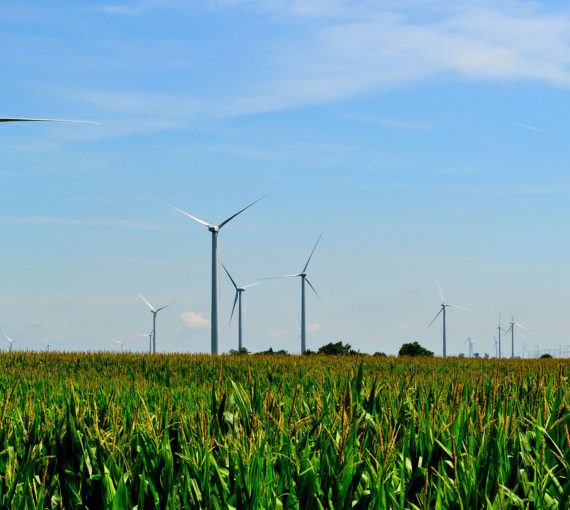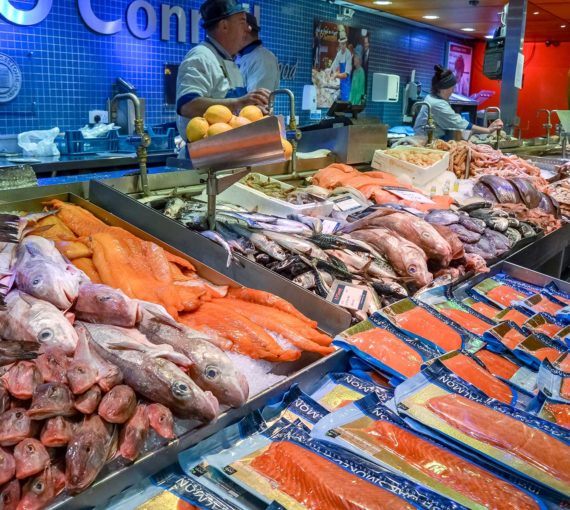
Reducing meat consumption has environmental benefits and is good for individual health, not to mention the pocketbook! (Photo: Max Delsid via Unsplash)
Just as avoiding climate catastrophe isn’t the only reason to phase out fossil fuels, it’s not the only reason to curtail meat consumption.
Phasing out fossil fuels will reduce habitat destruction and land, air and water pollution — and leave us reserves for fuels that remain necessary and for other petrochemical products. Reducing meat consumption has similar environmental benefits regarding air, land and water protection, and it’s good for individual health, not to mention the pocketbook!
A recent study in The Lancet states, “A large body of work has emerged on the environmental impacts of various diets, with most studies concluding that a diet rich in plant-based foods and with fewer animal source foods confers both improved health and environmental benefits.” The report, “Food in the Anthropocene: the EAT–Lancet Commission on healthy diets from sustainable food systems,” was prepared by “37 leading scientists from 16 countries in various disciplines including human health, agriculture, political sciences and environmental sustainability.”
Health Canada has also picked up on the healthier eating trend. Its new food guide eliminates food groups from guides going back to 1942 and recommends following more plant-based diets with fewer animal products and processed foods, and making water the preferred drink.
Although the food guide is “designed to help people follow a healthy diet,” the Lancet report makes the case that “How food is produced, what is consumed, and how much is lost or wasted all heavily shape the health of both people and planet.”
How food is produced, what is consumed, and how much is lost or wasted all heavily shape the health of both people and planet.
The Lancet
Focusing on food production and consumption, it states: “Unhealthy diets now pose a greater risk to morbidity and mortality than unsafe sex, alcohol, drug and tobacco use combined. Global food production threatens climate stability and ecosystem resilience and constitutes the single largest driver of environmental degradation and transgression of planetary boundaries. Taken together the outcome is dire. A radical transformation of the global food system is urgently needed.”
Transformation to healthy diets for 10 billion people by 2050 will require more than doubling “consumption of healthy foods such as fruits, vegetables, legumes and nuts,” and reducing at least by half “global consumption of less healthy foods such as added sugars and red meat.” The researchers note this means “primarily by reducing excessive consumption in wealthier countries,” and that “the role of animal source foods in people’s diets must be carefully considered in each context and within local and regional realities.”
The food guide is a good resource that contains tips for following a healthier diet — even recipes. As for environmental impacts, the Lancet report found switching to more plant-based diets and improvements in food production practices would help reduce negative impacts related to climate change, land-system change, freshwater use, nitrogen and phosphorous cycling and biodiversity loss.
Addressing climate change and other environmental issues and improving global human health are possible and necessary.
The researchers found moving to sustainable food production could shift land use from “being a net source of carbon to becoming a net sink of carbon.” However, reducing significant emissions of greenhouse gases such as methane and nitrous oxide from agriculture, especially meat production, while necessary, is challenging.
Some will argue that nothing less than a strict vegetarian or vegan diet will save humanity. Previous research shows that vegetarian diets are better for good health, the environment and climate than meat-based diets, and vegan diets slightly better. But the Lancet report notes that such diets aren’t practical for everyone and that a significant shift away from meat, dairy, processed foods and sugars — combined with better agricultural and food-production practices and food waste reduction — is a practical way to ensure the world’s growing human population has access to nutritious diets while protecting Earth’s life-support systems.
Food waste is a major issue. In Canada alone, 58 per cent of all food produced — 35.5 million tonnes a year — is lost or wasted, according to a report by Second Harvest, a Toronto agency that redistributes surplus food. That translates into a $49 billion annual cost and 56.6 million tonnes of carbon dioxide-equivalent emissions, the report, “The Avoidable Crisis of Food Waste,” finds.
Addressing climate change and other environmental issues and improving global human health are possible and necessary. As the Lancet report states, “The data are both sufficient and strong enough to warrant immediate action.” We can all eat well, for our health and the planet’s.



